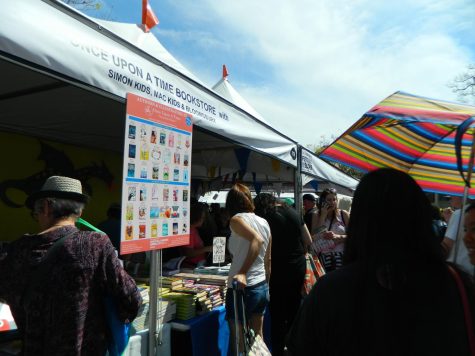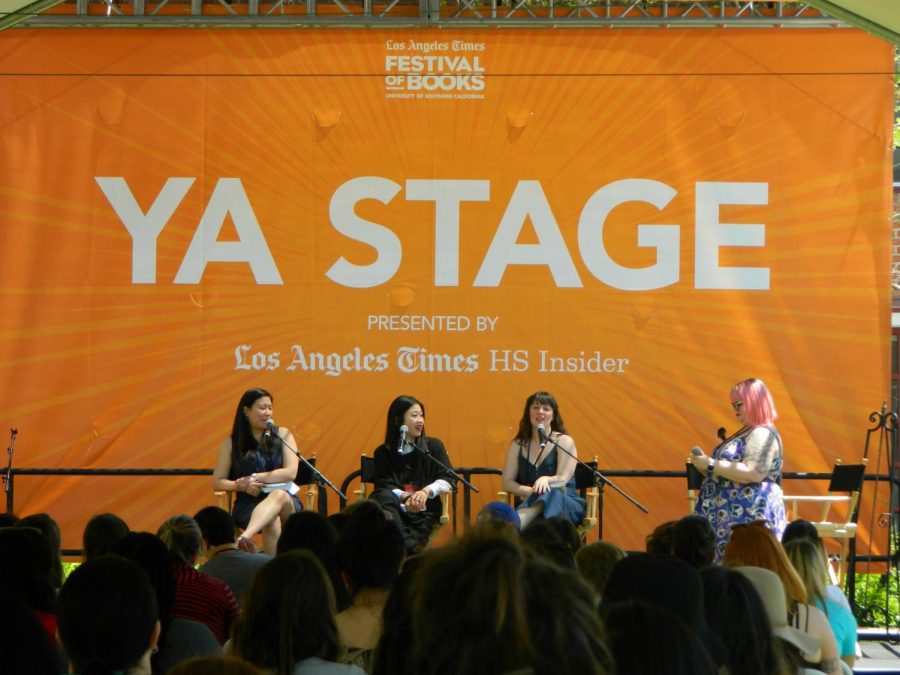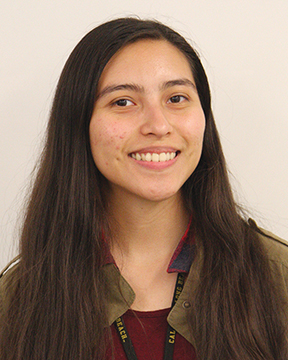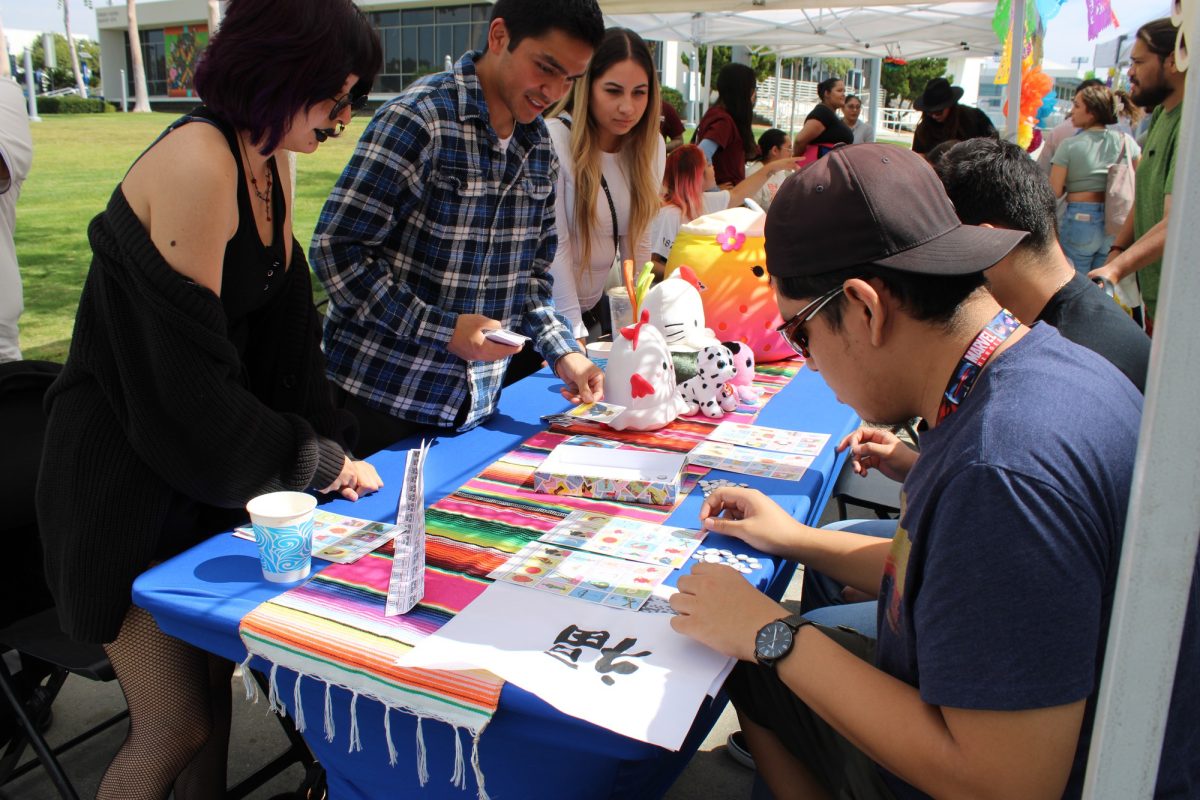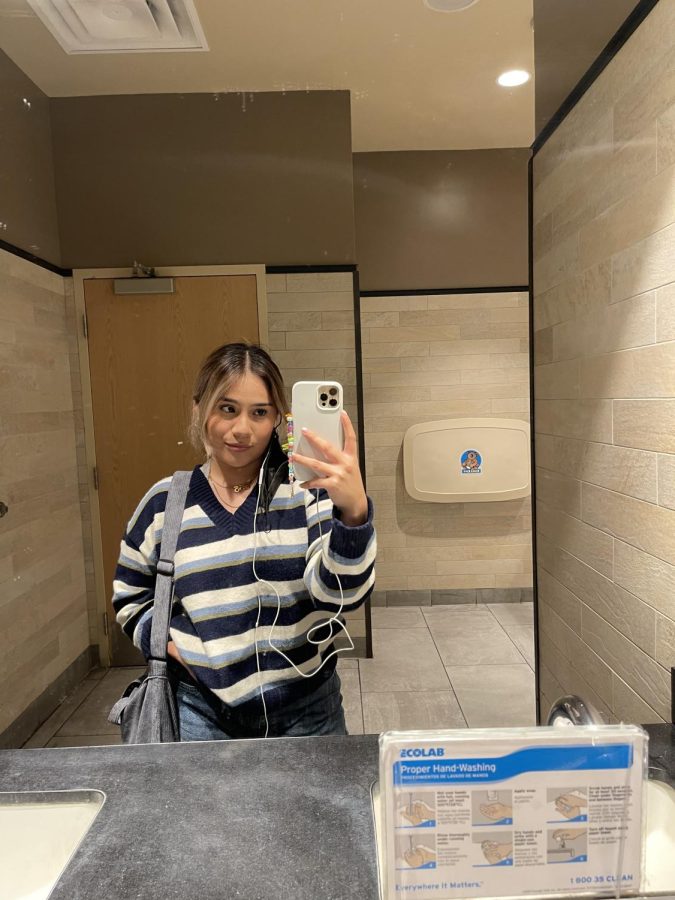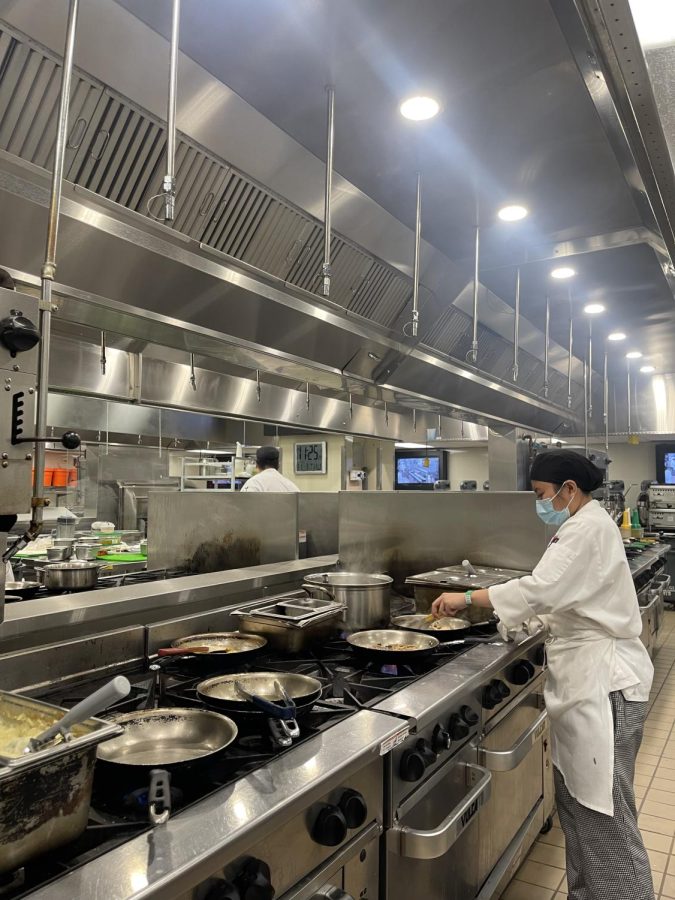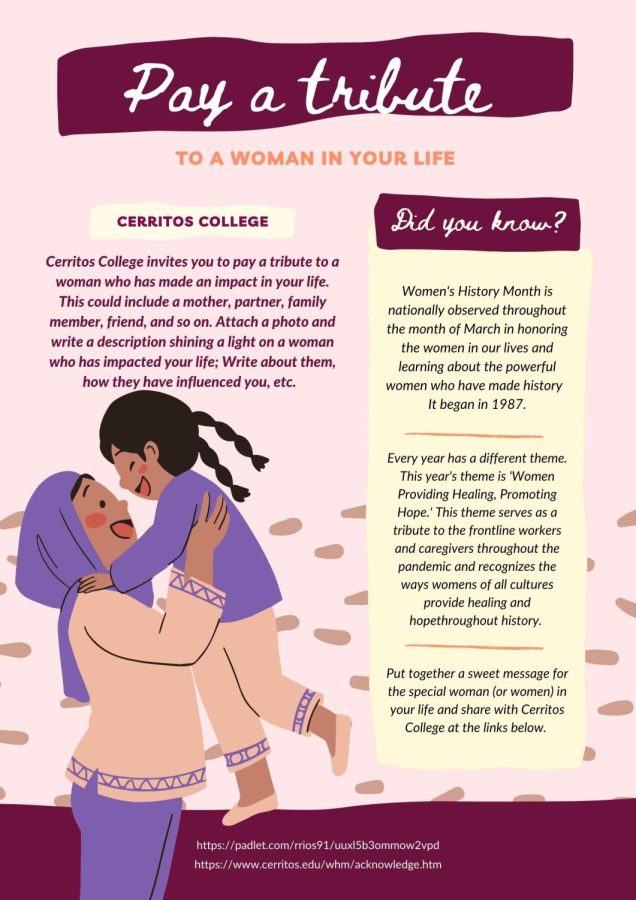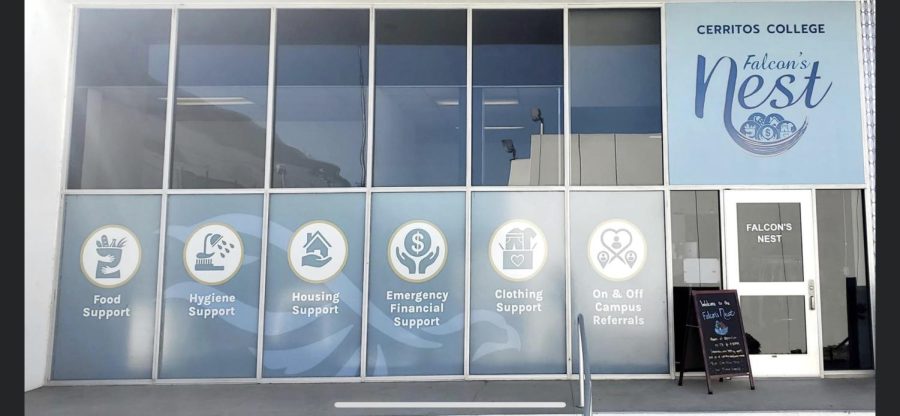The 23rd annual LA Times Festival Of Books, held at USC, celebrated entertainment, food, and music, while also giving attendees the opportunity to view panels, listen to live music, attend author signings, and participate in giveaways all weekend long.
Held from April 21 through the 22, this year’s festival was also the introduction to Newstory Zone. This latest addition allowed for an integration of “storytelling beyond the book…” It offered attendees a new look at storytelling through “podcasts, virtual reality, film, television, music and more — with conversations across FIVE stages!” according to its website.
With a variety of exhibitors across the campus, attendees were able to view publishing, bookstore, entertainment, food, and writing booths. Many offered promotional material, samples, and other goodies for attendees to take throughout the festival.
There were upwards of 15 panels, 20 booths, and over 25 young adult-related authors present for signings and panel discussions with fellow authors.
Jordan Milan, Communications major, said that it was her first time attending the festival.
“My experience at LATFOB was fantastic! I loved meeting authors I’ve never met before and chatting with other readers…”
While her schedule wasn’t too packed, Milan said that as she explored different booths, she found it easy to see authors and would love to return to the festival again.
On April 22 authors Dhonielle Clayton, Marie Lu, Tochi Onyebuchi, and Sabaa Tahir were featured in an hour-long indoor panel, starting at 11 a.m. titled Eat.Read.Sleep. Fantastical Young Adult Fiction.
Moderated by Sara Enni, host and creator of the First Draft Podcast (a podcast where she interviews New York Times Bestselling middle grade and young adult authors), the panel centered around the worlds these young adult sci-fi/fantasy authors create.
This panel included discussions about world-building, protagonists development, representation, and diversity. It also explored how the authors tackle world-building in their novels from their own unique perspectives.
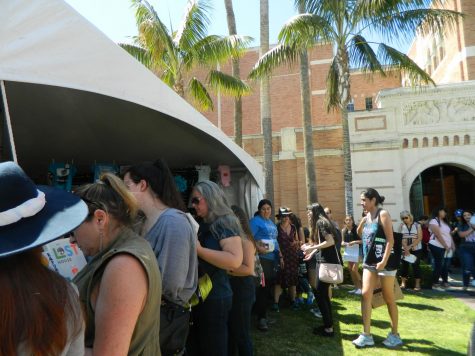
“Writing this [book] meant to connect with something familiar and nostalgic…” Tahir mentioned when discussing how the familiarity of Middle Eastern tales she heard growing up and her own Pakistani background, made their way into the fantasy world of her novel, An Ember In The Ashes.
With each author’s setting, based in non-western culture, they discussed the importance of accurate representation and why representation in fiction matters.
As a young black American, from a Nigerian background, Onyebuchi explained how it took time for him to see himself in fiction.
“It was like having a foot in both worlds and not feeling like you belong in either…”
That is until he read from prominent black author Alexandre Dumas much later in life. Onyebuchi saw how much it meant to feel represented in what he was reading.
Lu discussed how the main character in her most recent novel Warcross, was originally written as Japanese-American (considering a majority of the novel would end up taking place in Tokyo) then shortly after considering this idea, Lu decided to make her main character Chinese-American, like herself.
“I felt I wouldn’t be able to accurately represent the [Japanese-American] culture.”
Lu created her main character with her own cultural background in mind, “the closer you are to something, the more realistic you can write…”
Each author then expanded on how realities of the world often find a way into their stories.
Tahir said, “You often see more of the sleights in the world as you grow.”
However Tahir continued to say that reflecting on today’s world and in regards to her characters and readers, teens and young adults are using the skills that the world has given them to create change.
To conclude the discussion, the authors then discussed writing for teens and a young adult audience. Onyebuchi added to his thoughts on representation in young adult fiction.
He stated,”To have something that a reader can connect with, to even recognize and validate themselves, is amazing…”
As a young adult author, with at least 10 novels written in her six year career, Lu emphasized, ”I’ve seen how this community has evolved around young adult and it’s amazing…”
Aside from the indoor ticketed panels and conversations as a way to see authors, there were also a number of outdoor stages that were free and open to the public, no ticket required.
For example on the YA Stage every hour, a group of up to four authors would have a conversation and as it concluded, those interested in getting books signed could get in line, with the signing area right next to the stage.
Kalie Bates, a local LA bookseller, shared her thoughts on her second time attending the festival,”Just now I got to meet new people in line and hang out over our mutual love of books. There’s a sense of togetherness (especially here, compared to other festivals). So, it’s a nice way to not only meet new authors, but also new people.”
As a bookseller, she shared her thoughts on why book festivals such as the LA Times are important,”Because a common question I get from customers is ‘Your not closing down are you?’ It’s great there’s still a clear love of books. Especially print books [that] aren’t going to be dying anytime soon.”
To conclude, Bates stated,”I think festivals like this really show it’s not a dying art and books are here to stay.”
